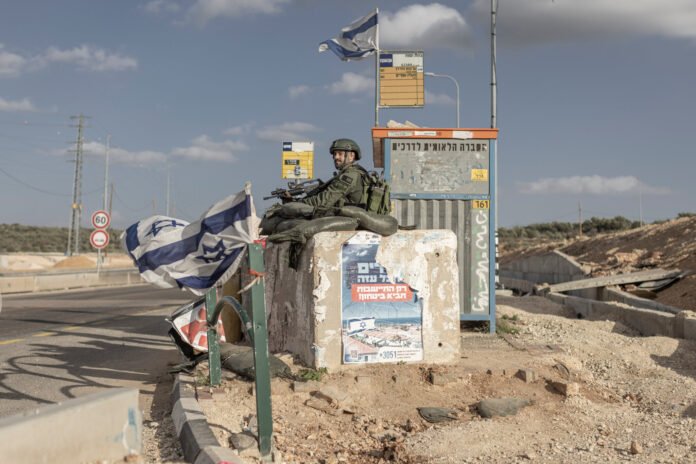Nearly a month into Israel’s resumed ground offensive, strong backing from the United States is proving pivotal across military, diplomatic, and political fronts. Israeli officials now indicate growing optimism around reaching a deal to secure the release of hostages, with possible developments anticipated within the next two weeks.
In a recent meeting at the White House, the U.S. President reaffirmed his administration’s commitment to freeing hostages and hinted at the possibility of another ceasefire. His statements reflected a dual-pronged strategy: maintaining pressure on Iran while offering direct support for Israel’s ongoing operations in Gaza.
With what Israeli sources describe as expanded operational freedom, the Israeli military has pushed into Rafah and the critical Morag Corridor. The stated objective is to intensify pressure on the militant group controlling Gaza and increase the likelihood of recovering the remaining 59 hostages. A senior Israeli security official stated that both the military campaign and negotiation efforts are being closely coordinated with Washington. According to this official, Israel now operates without fear of international vetoes that had constrained previous efforts.
In a warning to Gaza’s population, Israeli leadership called on residents to reject the militant group’s authority, accusing its leaders of using civilians as human shields while living safely abroad. Officials framed this as the only viable path to ending the conflict and freeing the hostages.
The Oval Office meeting also revealed deeper alignment between Israeli and American leadership. The Israeli Prime Minister suggested that Gaza’s residents should be free to relocate if they choose, a sentiment interpreted by some as an indirect reference to third-country resettlement discussions. The U.S. President took this further by suggesting that American forces could potentially oversee or manage the region, citing Gaza’s strategic value.
Meanwhile, military analysts have noted that the current strategy seems focused on eliminating remaining pockets of militant fighters, though it is also causing significant displacement across Gaza. One expert pointed to a shift in U.S. policy on humanitarian aid, suggesting that reduced assistance has weakened the militant group’s grip on local governance, giving Israel increased leverage in negotiations.
This weekend, Israeli forces announced the capture of the Morag Axis — a strategic zone between Rafah and Khan Younis. The corridor is viewed as critical to undermining the group’s operational strength and establishing a potential buffer zone. Military officials believe each territorial loss further weakens the group’s willingness to resist negotiations over hostages.
During a recent visit to frontline units, Israel’s military chief urged troops to dismantle remaining militant brigades. While some of these groups had previously been declared inactive, new fighting has reignited in areas with entrenched tunnel systems. Experts have drawn comparisons to U.S. experiences in Iraq and Afghanistan, noting the challenges of sustaining control over cleared territories in the face of guerrilla tactics.
While the previous U.S. administration had prioritized humanitarian access, current policies reflect a greater tolerance for limiting aid, with the goal of undermining the militant group’s control over the region. One Israeli official said this approach marks a clear shift: aid is now distributed under military oversight to ensure it doesn’t fall back into hostile hands.
A prominent legal scholar also argued that earlier international claims of starvation in Gaza have been overstated or politically driven. According to updated assessments, food scarcity exists but cannot be classified as famine, and in many cases is worsened by aid theft and mismanagement by the local militant leadership.
As the situation evolves, observers are closely watching potential developments in nuclear diplomacy with Iran and how they might influence U.S. policy toward the conflict. Any shift in that arena could bring new pressure on Washington to recalibrate its support for Israel’s military campaign.
For more political updates, visit DC Brief.


